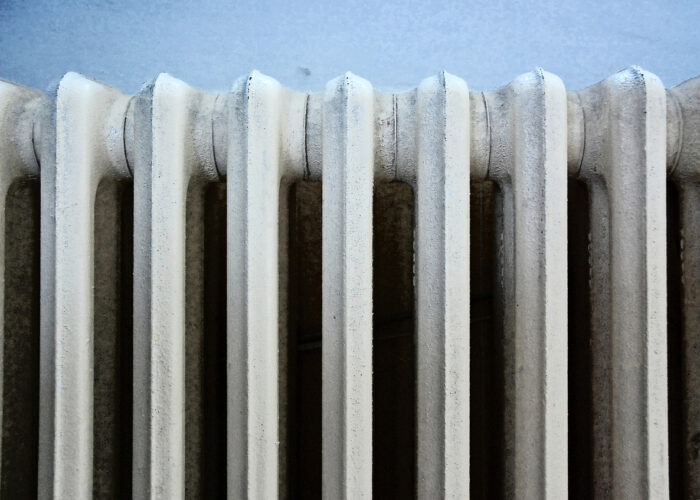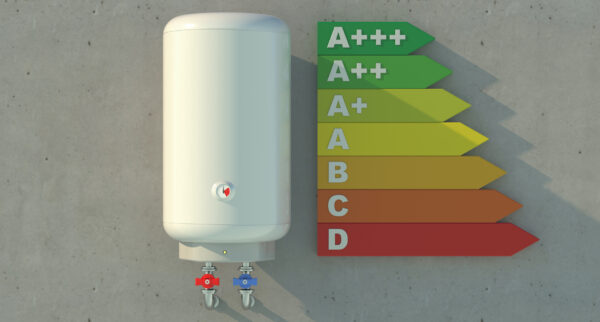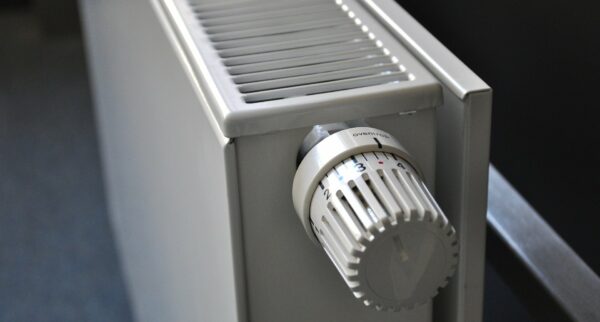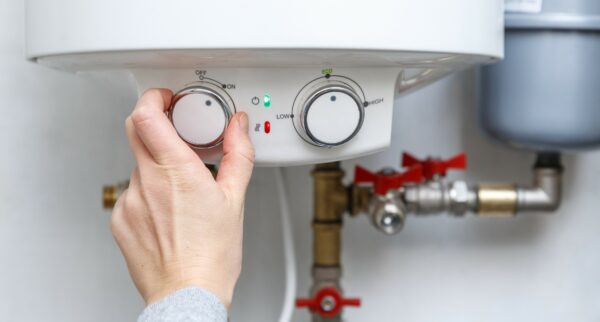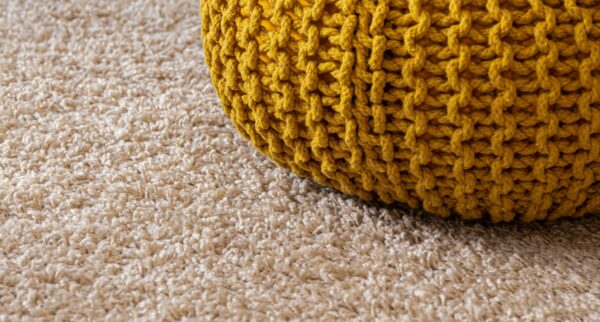Call us today 0207 32 32 999
If your central heating radiators aren’t heating up as they should be, or you can hear bubbling noises, there may be a build-up of air in the central heating system. When this happens, the radiators can become much less efficient, which isn’t ideal, particularly in the winter months.
Air in central heating radiators occurs more often than people might think, but there is no need to worry because this problem can be easily fixed.
In this article, find out how to get the air out of a boiler heating system and how this air gets into radiators in the first place.
Table of Contents
ToggleHow Does Central Heating Work?
Central heating systems warm a building from a single heat source, distributing warmth to multiple rooms. The process typically begins with a boiler or furnace, which generates heat using fuels like natural gas, oil, or electricity.
In water-based systems, this heat warms water circulated through pipes to radiators or underfloor heating systems across different rooms. For air-based systems, heated air is pushed through ducts to various spaces. The operation is regulated by thermostats, maintaining a desired temperature.
When the air or water reaches the set temperature, the heating is paused, resuming once the temperature drops. In water systems, pumps ensure continuous water circulation, returning it to the boiler for reheating. In air systems, fans or blowers can facilitate air movement effectively throughout a space.
What Causes Air in Central Heating Radiators?
Air in a central heating system can be caused by excess water vapour build-up. The vapour can stop hot water from flowing into your radiators.
However, there can be several other causes of air in your central heating system:
- Air can build up in radiators due to the pump being installed above the supply tank.
- There can be an accumulation of hydrogen in the system as a result of rust within piping or the development of too much sludge.
- Leaks are often a cause of air build-up in central heating systems. This can happen if you frequently re-pressurise the boiler.
How to Get Air Out of Your Boiler Central Heating System
If you have air in your heating system, you will need to bleed your central heating system. Do this, and you will quickly have your radiators functioning as they should again, and you’ll save a lot of money and energy in the process.
What You’ll Need to Bleed Your Radiators
Before you get to work reducing the air in your central heating system, make sure you have the following items close at hand:
- A screwdriver or radiator bleed key (these can be found at most DIY stores).
- A small container to collect the spillage of fluids.
- A large towel to keep the surface area dry and avoid accidents.
How to Reduce Air in Central Heating Systems
Follow the simple steps below to check and bleed your central heating radiators:
- Turn your central heating to its maximum heat setting and let your radiators run at their highest temperature for a minimum of 15 minutes.
- At this point switch off your central heating system completely, to stop air being pumped around. Give it another 15 minutes to cool down.
- Go to the radiator nearest to the boiler and turn off the radiator valve. Put a container underneath the bleed valve.
- With a large towel in hand, use your screwdriver or bleed key to turn the valve anti-clockwise until water rather than air comes out (you’ll initially hear a hissing sound, which will be the air escaping and then water will start to come out). Be very careful not to turn the valve all the way when you’re opening it, as it can be very difficult to close again from that point.
- When there’s no more air coming out, re-fasten the bleed valve.
- Go to all your other radiators and repeat steps three to five. Start with the radiators nearest to the boiler and work your way around the property.
- When step six is complete, switch your central heating system back on again.
- Double-check that the water pressure inside the boiler is between 1.5 and 2 bar (within the green section of the gauge). If the pressure is too low, you need to rebalance it by topping up the boiler.
Once you’ve completed the eight simple steps above your central heating radiators will be free from air build-up and back to functioning as they should be.
Get Advice If There’s Air in Central Heating System
Now you know what causes air in central heating radiators, and you know how to fix it should you notice this problem in your own central heating system.
If you’d like to learn more about air in radiators, or you need assistance with central heating problems, get in touch with our team and speak to one of our experts.
